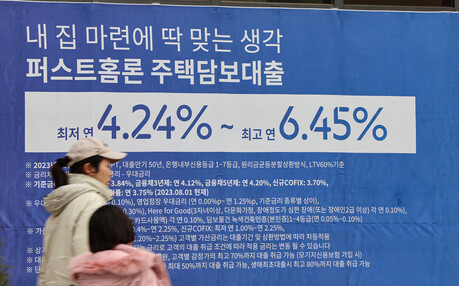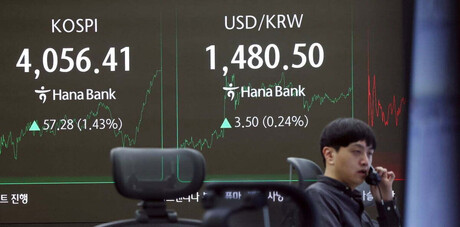
Paraguay's national finances have been revealed to be under severe fiscal pressure. Over the past year, the cost of repaying national debt has surged by a staggering 41.6%, becoming a primary driver of the increase in fiscal spending.
According to the latest financial report released by the Ministry of Economy and Finance (MEF), the total amount spent by the government from January to August of this year reached 40.2 trillion Guaraní (approximately $5.57 billion). This represents a 14.2% increase compared to the 35.2 trillion Guaraní (approximately $4.822 billion) spent during the same period last year. This significant rise in expenditure is due to a combination of factors, including increased spending on debt repayment, pensions and benefits, personnel costs, and transfers to key public institutions.
Specifically, the most significant factor contributing to the pressure on national finances is the cost of debt repayment. By August of this year, the amount spent on debt repayment was 7.17 trillion Guaraní (approximately $982.4 million), which is a massive 41.6% increase from the 5.06 trillion Guaraní (approximately $693.5 million) spent in the same period last year. This means an additional 2.1 trillion Guaraní (approximately $288 million) was spent in a single year, making debt repayment the item with the largest proportional increase in the overall fiscal expenditure.
A detailed analysis of debt repayment spending shows that approximately 80% of the total, or 5.67 trillion Guaraní (approximately $776.9 million), was used to repay foreign debt, while the remaining 20%, or 1.49 trillion Guaraní (approximately $205.4 million), was used for domestic debt. This suggests that the government is prioritizing the repayment of its foreign obligations.
In addition to debt repayment costs, spending on pensions and retirement benefits has also emerged as another threat to fiscal stability. The amount spent on public sector pensions and support for the elderly reached 5.75 trillion Guaraní (approximately $788.9 million) by the end of August, marking a 10.7% increase year-over-year. The simultaneous surge in both debt and pension expenditures is placing a dual burden on the nation's finances.
Furthermore, personnel costs also increased to over 14.8 trillion Guaraní, showing a 7.4% rise. This situation paradoxically highlights the need for the government to seek more robust fiscal austerity policies to address the financial problems it currently faces.
[Copyright (c) Global Economic Times. All Rights Reserved.]



























